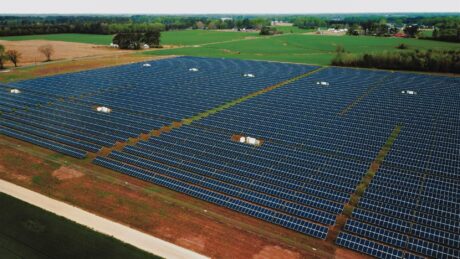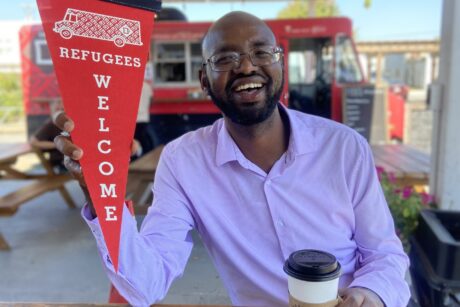When a Muslim group needed a place for youth religious education, it began meeting at a synagogue. This arrangement led to mutual curiosity and real friendship.
Faithful Generosity Story Shelf (new layout)
The following stories are part of Lake Institute’s story collection, The Faithful Generosity Story Shelf, which highlights congregations and other religious organizations who have sought to use their assets and resources in creative—and sometimes surprising—ways as an expression of faithful giving.
Each entry in our Story Shelf is short enough to be read and discussed during a committee meeting or other group gathering. Our hope is that these accessible vignettes will spark new questions, conversation, and imagination among clergy and laity about what might be possible with the funds, buildings, land, and other resources in their care. Learn about Ways to Use the Story Shelf. If you know a story that should be included in the Story Shelf, submit it here.
Find more stories:
Rather than sell one of its properties for substantial profit, the Rocky Mountain Synod of the ELCA transferred ownership to Four Winds American Indian Council in a small but meaningful act of decolonization.
A Lutheran church, UCC church, and Disciples of Christ church in Minneapolis renovated a church building to fit the worship space needs of the three churches simultaneously.
The Community Church in Ada, Michigan combines their natural tendency for hospitality and fun with intentional community engagement to host an annual event that draws thousands of people each December to their church parking lot.
Struggling with the financial realities of a small and aging congregation, Altama Presbyterian Church sold their property at a reduced cost to a local nonprofit because its mission aligned with their own.
St. Paul’s United Methodist Church used their extra church building to support a nonprofit focused on one of the most urgent and challenging social problems in their community.
While the Church of the Advocate's ample campus and cavernous interior support Art Sanctuary’s practical needs for storage, rehearsal, and performance space, the church’s activist history is also a source of heady inspiration.
Kinder Academy boasts of “quality childcare that provides a structured preschool program with the convenience of daycare hours.” The childcare center at Bustleton UMC is the jewel in Kinder Care’s crown, made possible with the space and support offered by the congregation.
Neighborhood Bike Works, a Philadelphia nonprofit serving the larger community, operates out of the basement of St. Mary’s Episcopal Church.
When asked to use its building and property to shelter women and families, Salt House Church said yes.


